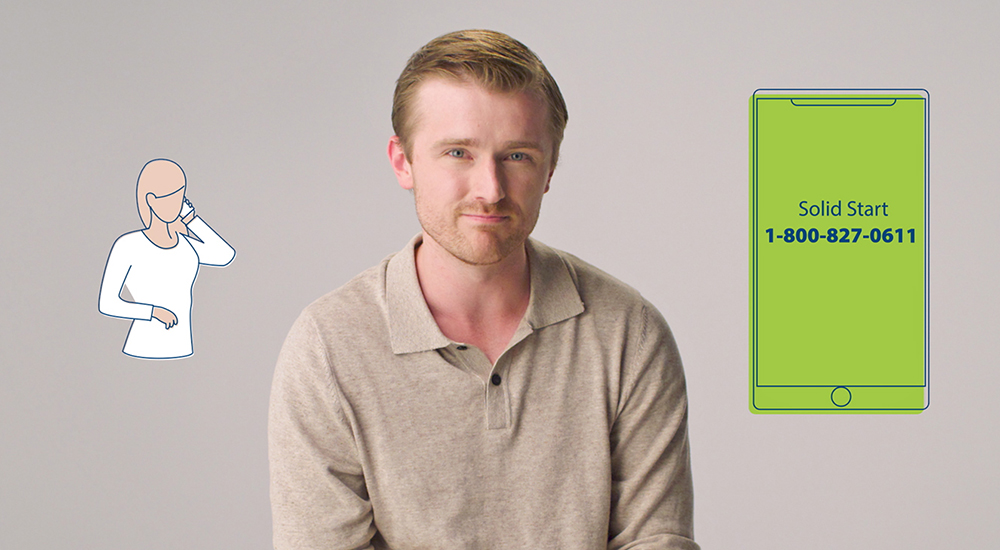The transition out of the military can be exciting and full of possibilities, but it can also come with questions, such as “What do I do now?” and “What will civilian life be like?” Let VA help you find answers as you start this new chapter of your life.
Challenges of returning to civilian life
While every service member’s transition is unique, it’s common to have some unpleasant experiences at first, such as anxiety, trouble sleeping and difficulty concentrating. Many former service members feel misunderstood, or as if they don’t belong, in civilian life. Other challenges that transitioning service members sometimes face include:
- Reconnecting with their family members and reestablishing a role in their family;
- Entering or reentering the workforce;
- Creating structure and establishing routines;
- Adjusting to a different pace of life;
- Explaining military experiences to their civilian friends and acquaintances;
- Obtaining necessities (food, clothing, housing) for themselves and others;
- Setting up personal services (doctor and dentist appointments, life insurance coverage).
It’s important to address these challenges as soon as you recognize them, even if you left the military decades ago. Take advantage of the resources available to you and your loved ones. VA can help you develop problem-solving strategies and other life skills that make it easier to address challenges in your life. And the close-knit community of Veteran peers can offer camaraderie and mutual understanding.
Taking the next step
Most former service members can access VA health care services, but costs may vary. All former service members can access emergency VA mental health care.
If you haven’t enrolled in VA health care, call Solid Start at 800-827-0611. Solid Start’s trained VA representatives can connect you with a variety of services, from home loans to mental health support. They can also help you learn about the many benefits that are available to you.
Newly separated service members can expect three calls from Solid Start over the first year of civilian life, typically around 90, 180 and 365 days after separation.
If you are enrolled in VA health care, you can schedule an in-person appointment or a remote TeleMental Health visit with a VA provider through your My HealtheVet account, VA’s online patient portal. My HealtheVet is also where you can access free information, resources and tools designed specifically for Veterans.
Resources
- Learn more about the transition to civilian life and find resources to support you at the Transitioning Service Member page;
- Take advantage of VA’s Moving Forward training to learn problem-solving skills and better handle life’s challenges;
- If you are experiencing sleep problems, take the Path to Better Sleep course to develop healthy habits that promote better rest;
- Visit Make the Connection to hear real stories of hope and recovery from other Veterans;
- If you or a Veteran you know is in crisis, contact the Veterans Crisis Line, available 24/7. Call 988 and press 1, text to 838255, or chat online at net/Chat.
Topics in this story
More Stories
Study underscores important role COVID vaccination can have in protecting Veterans from infection and reducing long-term health consequences
Columbia VA’s robotic surgery teams completed their 800th robotic surgery and are on schedule to hit 1,000 by the end of the year.
In a decentralized clinical trial, Veterans can participate from their own homes or local VA instead of having to travel to a research site.







This sounds like a great program to transition militery members back into civilian life.
How is it working?